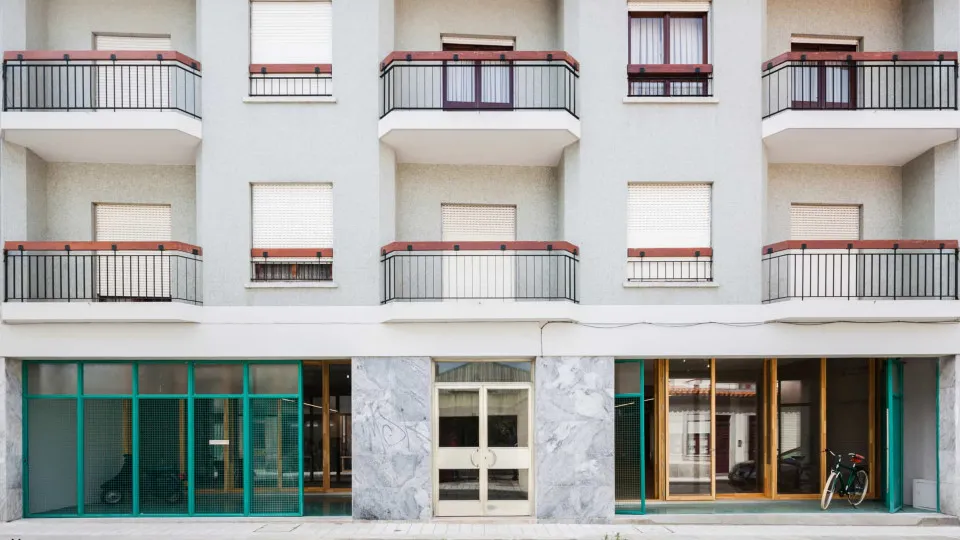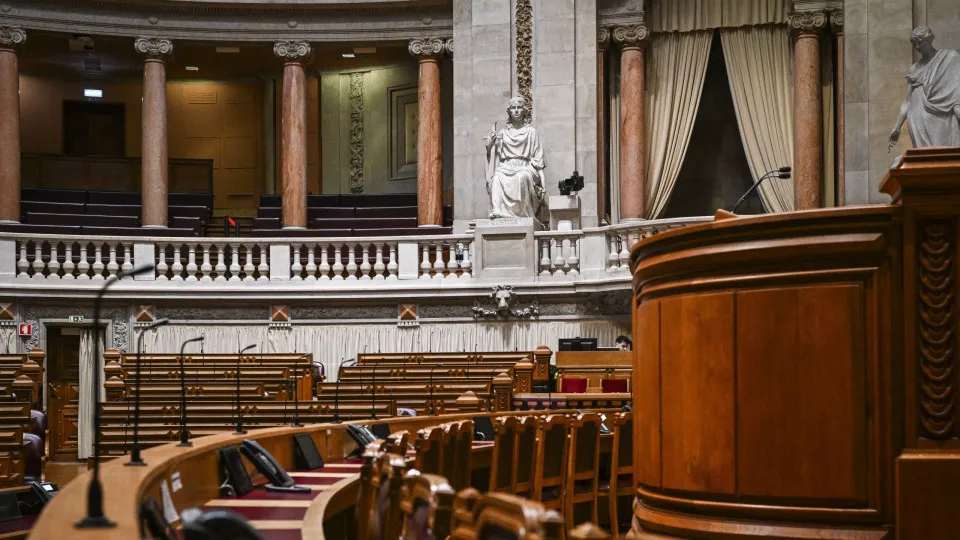
A the headquarters of the Associação dos Industriais da Construção Civil e Obras Públicas (AICCOPN), during a debate organized by the Ordem dos Arquitetos, Catarina Silva Marques, the second in command of the Volt candidacy led by Guilherme Alexandre Jorge, advocated for Porto to “follow the Vienna plan,” a city where 60% of the population resides in public or cooperative housing. She emphasized the importance of “recovering vacant homes, especially in central areas, and constructing new ones in more suburban areas.”
Filipe Araújo, the current vice-president and independent candidate for Porto City Hall, proposed collaboration with the private sector and stimulating cooperatives. He aims to establish a municipal task force “to support the private sector in helping provide more affordable housing over the next four years.”
Francisco Calheiros, leading the CDU list for the Municipal Assembly with candidate Diana Ferreira for the City Hall, stressed the urgency of “a robust public housing construction policy” and called for “a complete suspension of new licenses for local accommodation and hotel units.”
Frederico Duarte Carvalho, the lead candidate of ADN, noted the difficulty people face in having “their own home in their own city, where they were born, built ties, and wish to promote culture and drive the economy.”
Hélder Sousa of Livre highlighted that “economically capable people have never had housing issues anywhere in the world, including Porto, and they never will.” His focus is on “other people” because “housing is a right and should not be treated as a luxury commodity.”
Manuel Pizarro (PS) emphasized the need for “a new scale and resolution” to address housing problems, stating that “the issue lies in supply.” He plans to focus on “the 20,000 vacant homes” as well as constructing new houses on municipal and state land in partnership with the private sector.
Miguel Corte-Real (Chega) believes that the key difference in housing projects that were not executed is to “do” rather than merely promise. He rejected “a bidding war of housing promises” in favor of actually “building as many houses as possible” for “Porto residents.”
Nuno Cardoso (NC/PPM), a former city leader, stated that the housing crisis discussion “lacks accountability,” and suggests a “partnership between the state and local authorities,” focusing on “cost-controlled housing for Porto residents” with cooperative involvement.
Pedro Duarte (PSD/CDS-PP/IL) questioned the nearly unanimous problem diagnosis, pointing out the contrast between “20,000 empty houses in Porto” and high “licensing and new construction levels.” He argued there isn’t “a lack of housing” but rather “housing is excessively expensive for most families.”
Sérgio Aires remarked that “housing is now a priority for everyone, but it wasn’t always so” and rejected the “complex” about public housing, noting that many European cities that ensured citizen welfare went down this path.
The PTP candidate, Maria Amélia Costa, and Luís Tinoco Azevedo from the Liberal Social Party did not attend.
Contenders for Porto City Hall include Manuel Pizarro (PS), Diana Ferreira (CDU – coalition PCP/PEV), Nuno Cardoso (Porto Primeiro – coalition NC/PPM), Pedro Duarte (coalition PSD/CDS-PP/IL), Sérgio Aires (BE), current vice-president Filipe Araújo (independent), Guilherme Alexandre Jorge (Volt), Hélder Sousa (Livre), Miguel Corte-Real (Chega), Frederico Duarte Carvalho (ADN), Maria Amélia Costa (PTP), and Luís Tinoco Azevedo (PLS).
The current executive consists of a majority of six elected from Rui Moreira’s movement and one independent councilor, with the remaining two from PS, two from PSD, one from CDU, and one from BE.
Municipal elections are scheduled for October 12.




